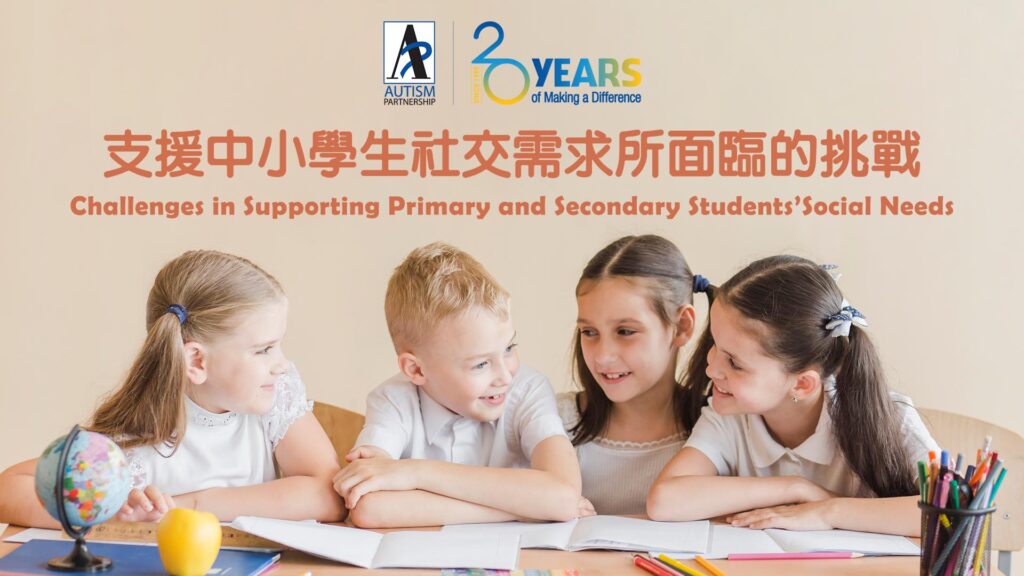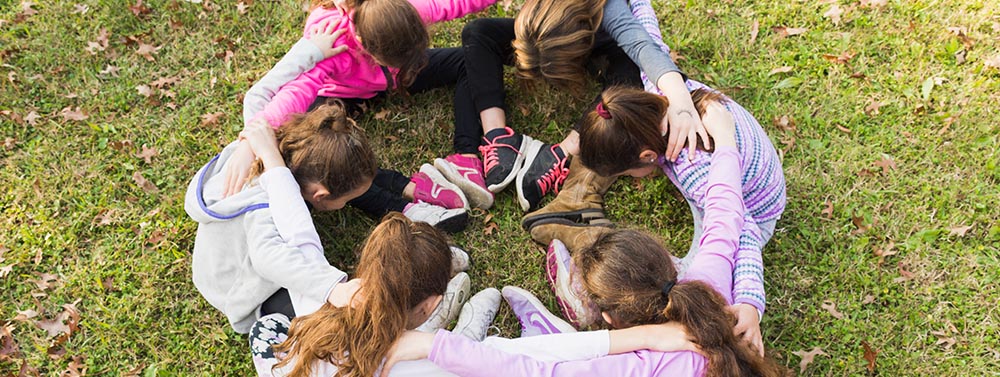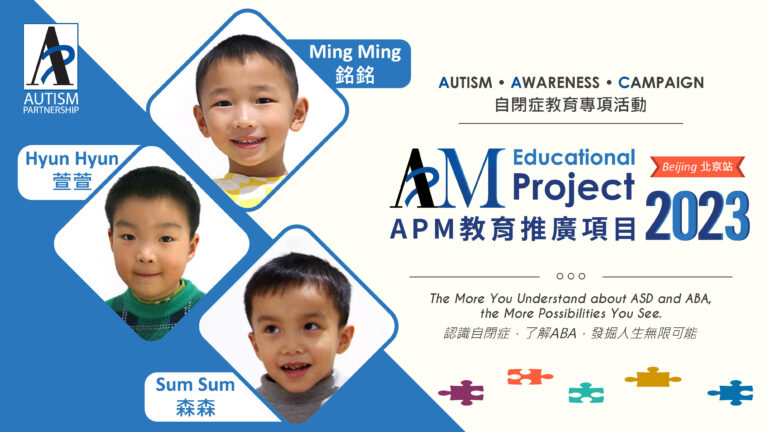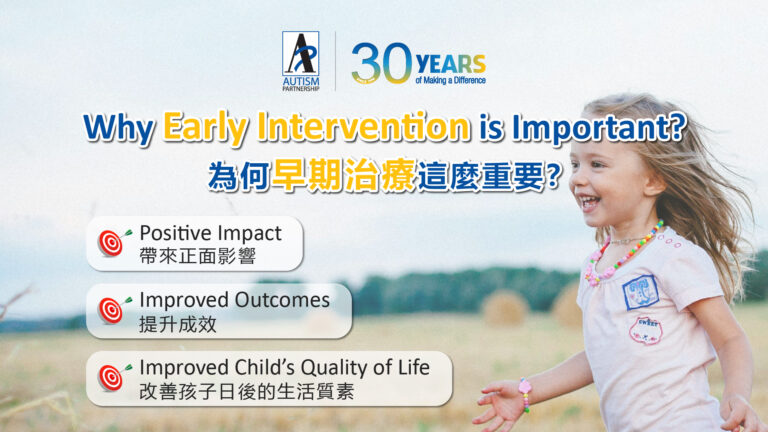
Socialization is a core deficit in ASD. Many individuals who are on the spectrum are facing different kinds of social challenges in a daily basis. The good news is, parents and educators are more aware of the social difficulties faced by young children with ASD and more resources have been allocated to alleviate their needs. The bad news is, many older children who are on the spectrum are still challenged socially and they often have to deal with a set of tougher issues.
Generally speaking, social skills are any competences that facilitate interaction and communication. In a way, it is a type of survival skills as it can be found in every aspect in our lives and is important to our functioning. Limited social interest, weaker eye contact, insufficient play skills are some of the common social obstacles found in young children with ASD. But as our children get older, their problems might have evolved to lower rate of friendship, poorer understanding of loneliness, difficulties in team work, weaker in controlling emotions and predicting consequences, bullying, more prone to collusion, or even higher rate of depression and suicidal thoughts.
A bigger challenge is now faced by not only the students, but also their parents, teachers, and paraprofessionals, as they are in a more difficult situation to provide meaningful support to those students.

One of the factors that complicates the situation is increased social complexity and demand. As we get older, our social world becomes more complex and refined. The required social skills in mainstream primary and secondary schools are way more and sophisticated compared to those in kindergartens. It is not uncommon to find high-functioning children with ASD, who managed to go through kindergarten without much support, find their social world too overwhelming once they begin primary and secondary schools.

Whether it is local or international school, academic demand only gets higher and higher as the students become older. To make things worse, many children who are on the spectrum often have different kinds of learning issues, for instance inattention and low learning motivation. Moreover, the majority of primary and secondary schools are full-day in Hong Kong. That means students are spending a large portion of their waking hours in school and time after school is limited and precious. In order for students with ASD to stay in the current educational placement, not surprisingly, they often spend most of their time in academic and sparing time to address social needs become a luxury.

If social skills training is available for students with ASD, designing and teaching social curriculum for older children are not an easy job. Although there are many books and online resources related to social skills training, there is no ‘standard social curriculum’. Which means parents, educators, and paraprofessionals are required to skim through a large amount of information and be extremely creative in developing social curriculum in order to design individualized and functional social curriculum for our students. Even if ‘standard social curriculum’ exists, due to its ‘standard’ nature, it probably is inadequate to address the social needs of each individual.
Of course including social skills training in early intervention for children with ASD is highly important. But being aware of potential social challenges in primary and secondary school settings and providing support to older students who are on the spectrum are critical as well. Using a functional approach to analyze functions of behaviors, and designing and teaching prerequisite and replacement skills accordingly allow us to address the social needs of our children more effectively and efficiently.

Every little life is a special present for a family. From the time a baby is born, parents journey through lots of highs and lows, wishing for their child to grow up with a big smile, make great friends, find their own way in a job they love, and create a happy family. However, for […]

Parenthood is a journey filled with unexpected twists and turns, challenges, and moments of profound joy. For Adam’s father, the discovery that his son, Adam, was on the autism spectrum marked the beginning of a unique chapter in their lives. This is the story of a father’s realization, acceptance, and the unconditional love and strength […]

Autism Spectrum disorder can be diagnosed as early as 18 months. Research shows strong evidence on how effective Applied Behavior Analysis (ABA) can help children with Autism. It helps to deal with children’s challenging behaviors such as inattention, aggression, self-stimulation, etc. Howard, et al (2005) conducted a study to compare the effectiveness of 3 treatment […]
Please share to let more people learn about ASD and ABA therapy:
AP holds the belief that with quality Autism Partnership Method (APM) treatment, individuals with autism should reach their fullest potential and achieve the greatest degree of independence and highest quality of life possible.

Sign up now to get ABA and Autism related news delivered to your inbox. Enter your email to get started
Hong Kong Center
Kowloon Center

All information received will always remain confidential. We will contact you as soon as we review your message. Thanks